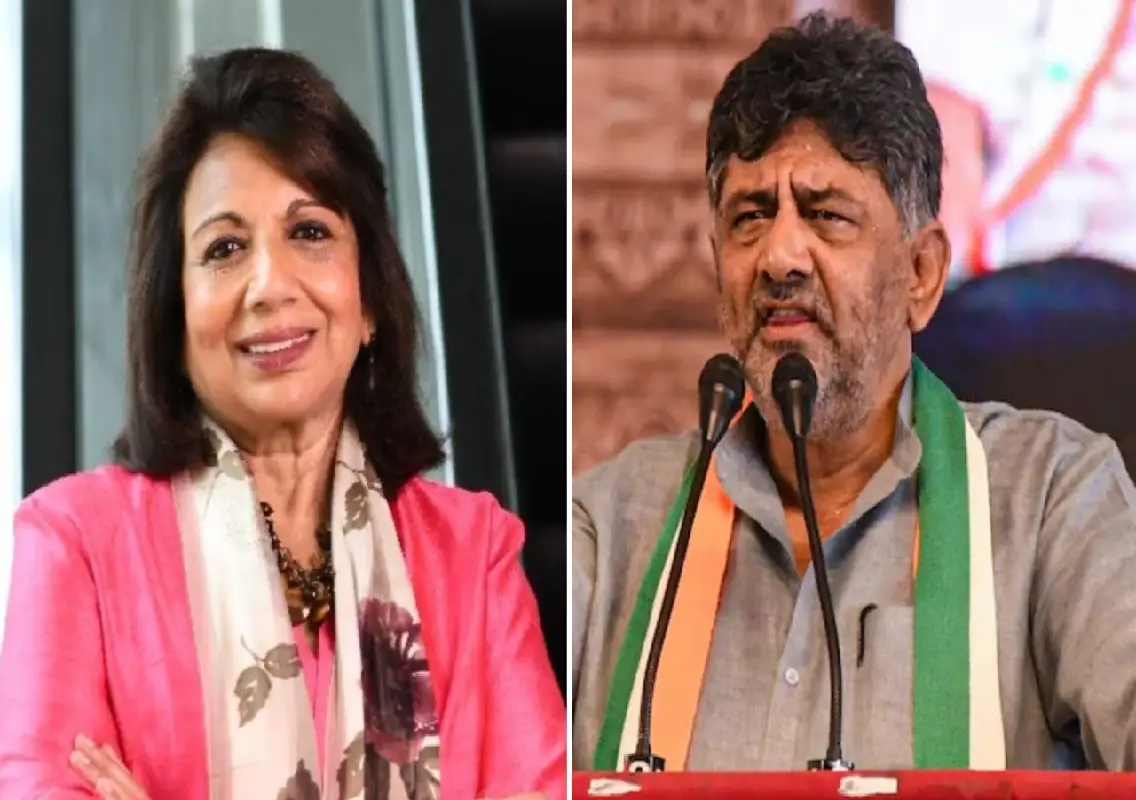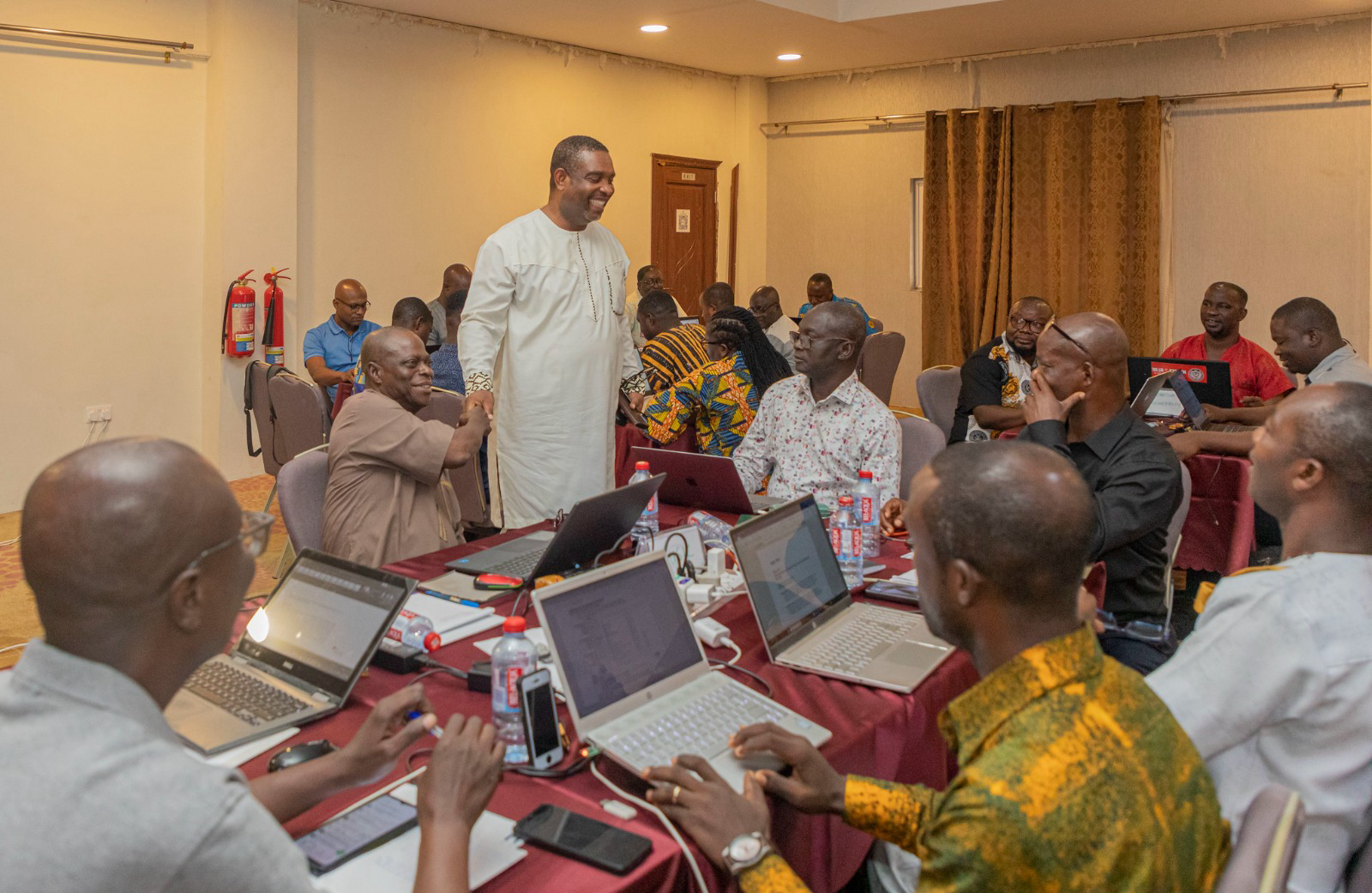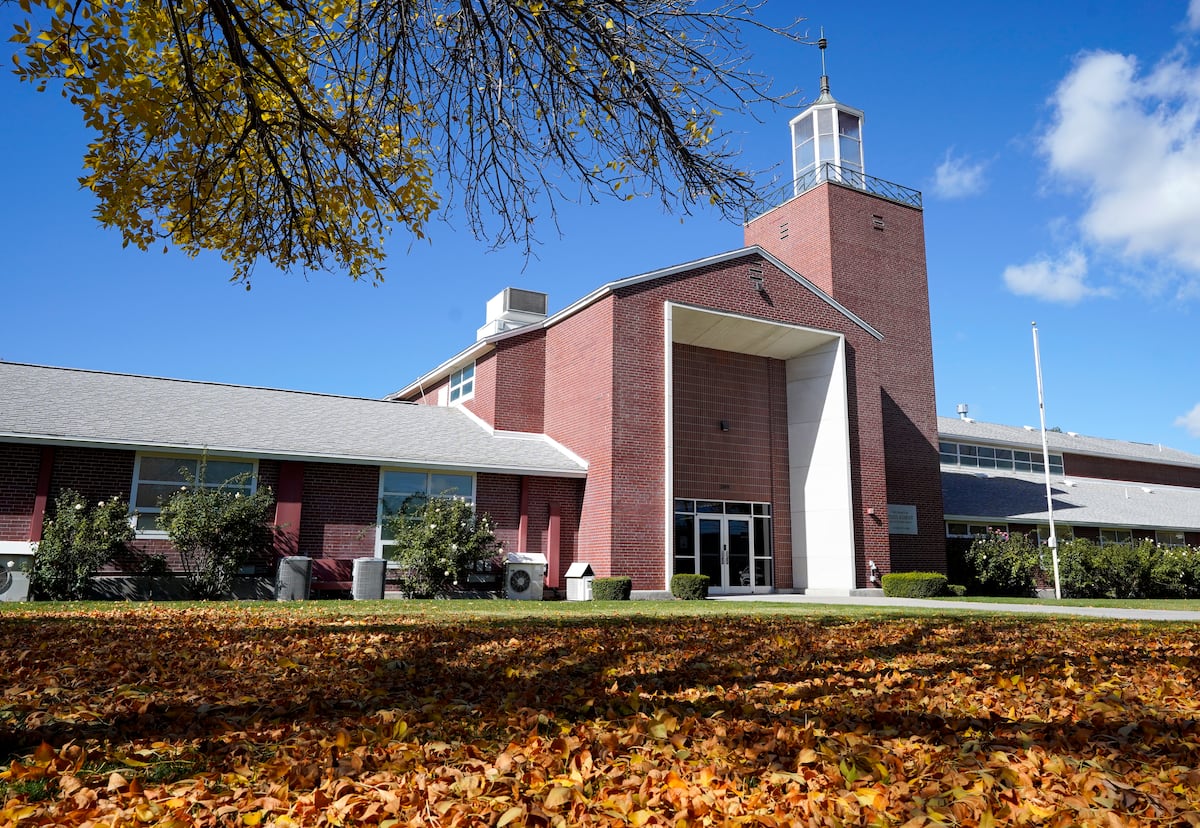Copyright newskarnataka

New Delhi [India]: Karnataka Deputy Chief Minister D K Shivakumar on Sunday addressed repeated criticism of Bengaluru’s infrastructure, saying he welcomes scrutiny but believes that some individuals are taking it too far. Speaking at an event with industry leaders, Shivakumar said criticism is essential for democracy but emphasised that excessive negativity would not deter his government’s commitment to serve the people. ‘Criticism increases democracy’s value, but some are doing too much’ “I welcome all the criticism, no problem. Because criticism increases the value of democracy. But some are doing it too much and these things won’t bother me. People have given us an opportunity and we want to serve them,” said Shivakumar, as quoted by PTI. The Deputy Chief Minister’s comments come amid ongoing debate over Bengaluru’s infrastructure challenges, particularly traffic congestion, road quality, and civic management. His remarks follow critical comments from industry veterans T V Mohandas Pai, former Infosys CFO, and Kiran Mazumdar-Shaw, Biocon chairperson, both of whom have raised concerns about the city’s deteriorating infrastructure. ‘Some have forgotten their roots’ Addressing the gathering, Shivakumar said some business leaders who had built their success in Bengaluru seemed to have forgotten their roots. “Those who have started businesses here have grown. After growing big, they have forgotten from what stage they have grown into what stage now. If you forget the root, you will not get the fruit. Some have forgotten and are criticising by tweeting,” he said. He further claimed that Kiran Mazumdar-Shaw had not voiced similar criticism during the previous BJP regime, suggesting that her concerns were politically motivated. Kiran Mazumdar-Shaw rebuts claim In response, Mazumdar-Shaw rejected Shivakumar’s remarks on X (formerly Twitter), stating, “Not true. Both T V Mohandas Pai and I have criticised deteriorating infrastructure in our city during previous BJP and JDS Governments. Our agenda is clear. Clean up and restore roads.” Bengaluru’s urban challenge Highlighting the scale of Bengaluru’s urban stress, Shivakumar noted that the city’s population had crossed 1.4 crore, with over 1.23 crore registered vehicles. “Transport Minister Ramalinga Reddy was saying that 3,000 vehicles are getting registered per day. Around 70 lakh people come to Bengaluru for jobs, education, and other purposes — some stay, some leave. The population is increasing,” he said. To address infrastructure issues, the government has launched the ‘Fix My Pothole’ campaign, allowing citizens to report potholes through WhatsApp. “Nowhere in the country has such an opportunity been given to citizens,” he said, referring to the government’s attempts at citizen-driven accountability. Opposition criticises Shivakumar’s remarks Reacting to Shivakumar’s comments, BJP leader and Leader of Opposition R Ashoka accused the Deputy CM of “intimidating” business leaders who speak against the government. “Stop this ugly politics, Deputy CM D K Shivakumar. If your Congress government cannot deliver on its promises, at least don’t intimidate business leaders and citizens who speak their mind,” Ashoka said in a statement. He added that Bengaluru has always symbolised innovation and openness, not fear or political arrogance. “Mr Rahul Gandhi, it’s time you ask your leaders in Karnataka to stop this politics of intimidation and start focusing on governance. This is not the culture of Bengaluru. This is not the Karnataka we are proud of,” Ashoka said. The road ahead The Karnataka government has faced increasing pressure over the condition of Bengaluru’s roads, flooding during monsoons, and the slow pace of infrastructure projects. Shivakumar, who also launched the ‘Walk with Bengaluru’ initiative earlier this month, has maintained that his government is focused on resolving urban challenges through public participation and transparent monitoring. While the debate over Bengaluru’s infrastructure continues, the exchange between the Deputy CM and the city’s corporate leaders highlights the growing public scrutiny over urban governance in India’s tech capital.



